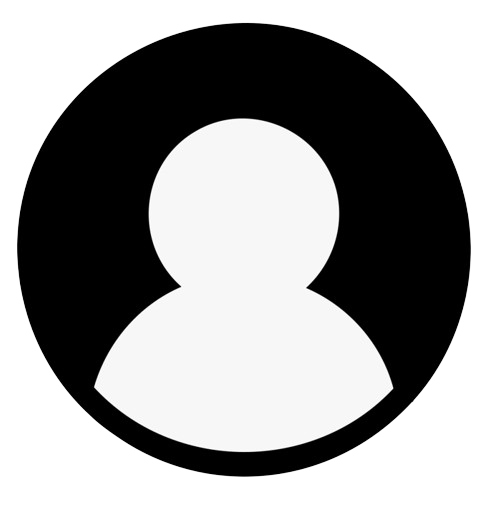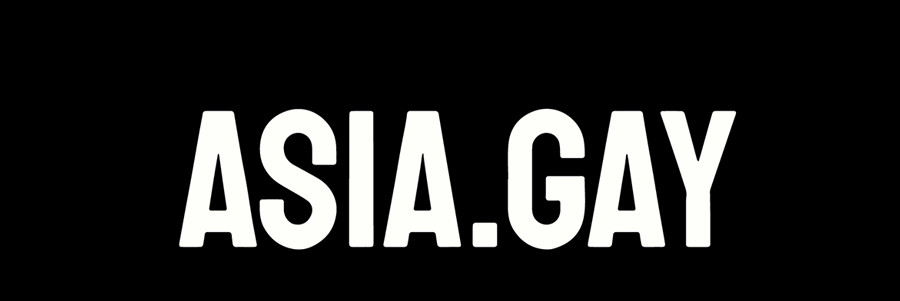
Brain Boosters Unite! ADHD, Narcolepsy & Ritalin: The Power Behind the Pill
Is your brain feeling like a browser with 37 tabs open… and you're not sure which one’s playing music? Or do you find yourself nodding off at your desk like your body forgot it’s daytime? You might be dealing with ADHD or narcolepsy—two very different brain conditions with one surprising thing in common: Ritalin (aka methylphenidate), a tiny tablet with turbocharged effects!
Let’s hit the brain highway and explore how these conditions work, and how this little pill can help put you back in the driver’s seat.
ADHD: Attention Deficit Hyperactivity Disorder
Think of ADHD as your brain’s executive assistant calling in sick—every day. It affects your ability to focus, prioritize, sit still, and finish tasks. ADHD comes in a few flavors:
- Inattentive type (a.k.a. “Where did I put my keys?”)
- Hyperactive-impulsive type (a.k.a. “I just bought a trampoline at 3AM”)
- Combined type (a.k.a. “All of the above, all the time”)
This isn’t about laziness or bad parenting—it’s a neurodevelopmental condition affecting brain chemicals like dopamine and norepinephrine—the neurotransmitters that help regulate attention, motivation, and self-control.
Narcolepsy: The Sleep Switch is Broken
Narcolepsy is like having a faulty sleep remote—your brain can hit the "off" button at totally random times. It's a neurological disorder that affects the brain's ability to regulate sleep-wake cycles.
Symptoms include:
- Excessive daytime sleepiness (EDS): You’re tired all day, even with a full night’s sleep.
- Cataplexy: Sudden loss of muscle tone, often triggered by laughter or excitement.
- Sleep paralysis and hallucinations: Feeling awake but frozen, sometimes with vivid dreams.
It's rare, misunderstood, and can be seriously disruptive—imagine falling asleep during lunch, meetings, or even in the middle of a sentence.
Meet RITALIN: The Brain’s Traffic Cop
Now enter Ritalin (methylphenidate)—the energizing brain buddy approved for treating both ADHD and narcolepsy. But how can one pill help with two totally different problems? Let’s break it down:
How It Works:
Ritalin is a central nervous system stimulant. It increases levels of dopamine and norepinephrine in the brain—chemicals involved in focus, alertness, and motivation.
- In ADHD, Ritalin helps organize the chaos. It boosts the brain’s ability to concentrate and follow through, helping turn “Oh look, a squirrel!” into “Let’s finish that report.”
- In narcolepsy, Ritalin acts like a wakefulness-promoting agent, helping keep the brain alert and reducing daytime sleep attacks.
Fast Facts: Ritalin Rundown
- Forms: Tablets, extended-release capsules, and chewables.
- Kick-In Time: Usually starts working within 20–60 minutes.
- Side Effects: Can include insomnia, appetite loss, anxiety, or increased heart rate. Always follow your doctor’s guidance!
- Addiction risk? Mild, when used as prescribed. It’s safe under medical supervision but never meant for recreational use.
Real Life with Ritalin
For many people with ADHD or narcolepsy, Ritalin is a life-changer. It’s not about “getting high” or “cheating”—it’s about giving your brain the tools it needs to do its job.
Imagine going from mental fog to mental focus. From nodding off to showing up energized. Ritalin helps people show up for life—in classrooms, boardrooms, and everywhere in between.
A Word of Advice…
Ritalin isn’t for everyone, and it’s not a one-size-fits-all solution. There are other medications and therapies too. But if your brain feels like it’s running on dial-up, talk to a doctor. A proper diagnosis could open doors you didn’t know were locked.
Because when your brain works with you—not against you—anything is possible.
Professional Help and Support
Never forget that if you need professional help and want to consult with an expert, seek PULSE CLINIC (Social Enterprise), which is available worldwide and has 20 branches in 6 Asian countries. XOXO.
Brought to you by: Science, Neurochemistry, and a Dash of Dopamine.
 Jeol Wong
Jeol Wong


